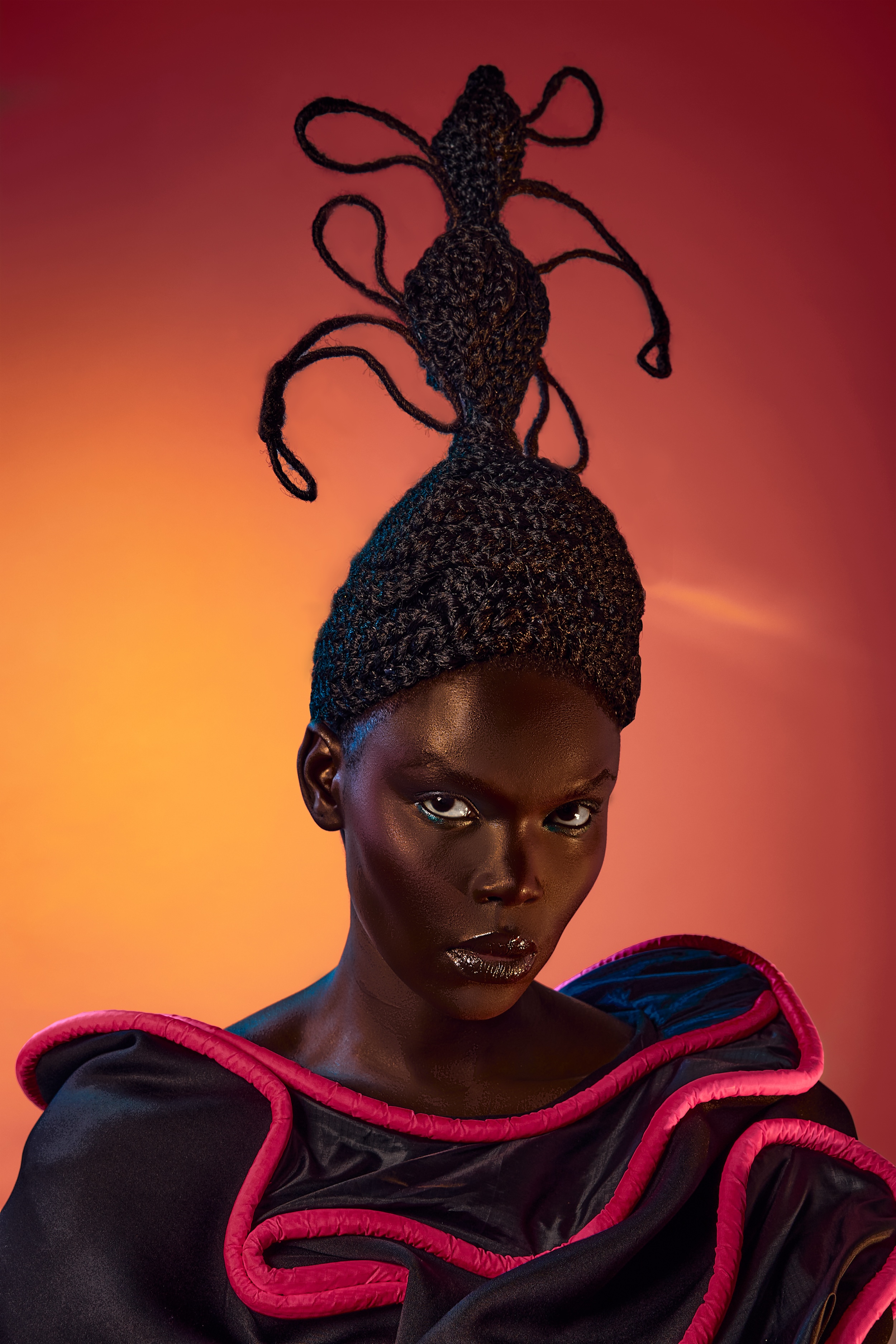Like Water © Tobi Sobowale
Kenyan-born, Washington DC-based photographer Polly Irungu, founder of the collective, is also one of the few Black women photographers to work at the White House
As a young freelance photographer, Polly Irungu quickly grew tired of excuses from editors and brands about why they were not hiring more (or any) Black women. “The two things I heard the most were: ‘We don’t know where to find Black women photographers’ and ‘We want to work with people we already know’,” Irungu says. “There were also some misguided assumptions that Black photographers were not versatile enough or they only specialised in certain topics. These excuses reflected a systemic issue, rather than an actual lack of talent or opportunities.”
Committed to undermining such lazy thinking, the Kenyan-born, Washington DC-based photographer set up Black Women Photographers (BWP) in July 2020. Now coming up to its fifth birthday, BWP is a global community and directory of more than 2100 Black and African female creatives from more than 60 countries and 35 US states, and includes videographers, film-makers, directors, photo editors and creative directors as well as photographers.
Irungu moved to the US when she was four, saving up for her first camera with a high-school job at McDonald’s, and relocating from Oregon to New York City in 2018. “When I began my journey as a photographer, I encountered a lack of community and support specifically for Black and African women creatives,” she explains. “I created Black Women Photographers to address this gap and provide a platform that fosters visibility and opportunities for talented photographers. I aimed to challenge the misconception that it’s difficult to find Black creatives within the industry. By showcasing their work and connecting them with those who have the power to hire, I believe we can reshape the landscape and ensure photographers receive the recognition and opportunities they deserve.”
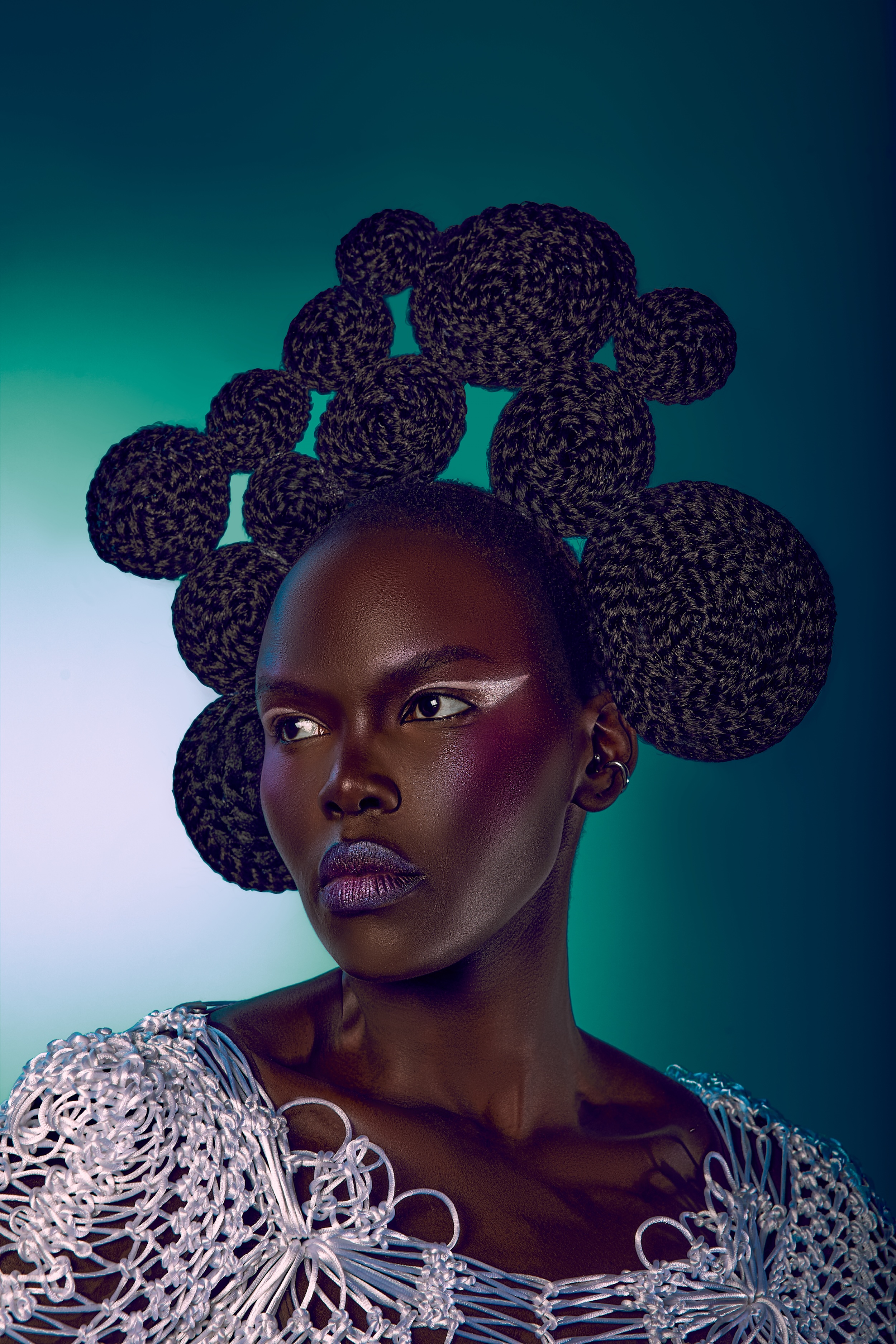
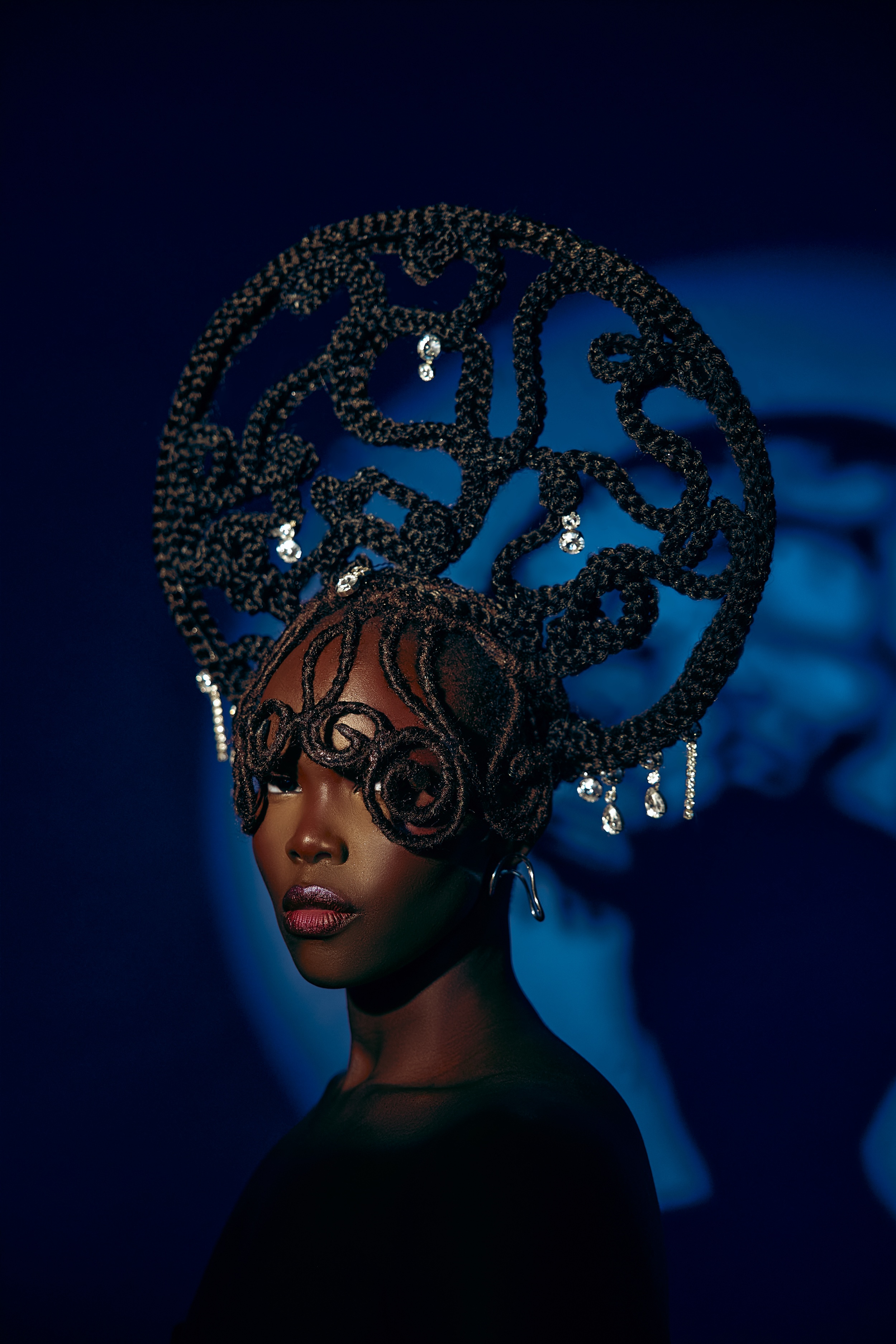
“Many Black and African women photographers are unfortunately typecast into covering topics solely related to Black culture, social justice, or race”
The database now serves as a resource for industry gatekeepers, including photo editors, directors, curators and art buyers. But it also provides members with community, funding, mentorship and professional development, including free webinars, workshops and portfolio reviews. That sense of community matters, says Irungu, who admits that, “At times, there’s a feeling that I have to ‘prove myself’ more than others, or that my work is underestimated based on my race.” BWP also launched the free annual Black Women Photographers Summit and the Black Women Photographers Podcast Network, and has partnered with brands including Adobe, Flickr, Live Nation and World Athletics.
One of the big prevailing problems in the industry is pigeonholing, which limits both what Black and African women photographers are asked to shoot, and when. “Many Black and African women photographers are unfortunately typecast into covering topics solely related to Black culture, social justice, or race,” says Irungu. “Often, they’re only recognised during Black History Month and overlooked during Women’s History Month. This limited perspective hinders broader recognition of their skills and versatility as photographers. Black and African women photographers excel in a wide range of assignments, including outdoors, sports, music, fashion, editorial and commercial work.”
The historic lack of representation also means stories relevant to Black communities or Black women have often been told by white or male (or both) photographers, usually with an outsider’s perspective. “The value of having Black women photographers document stories within the Black community, or African women photographers cover issues on the continent, can’t be overstated,” Irungu argues. “Their deep cultural understanding and lived experiences bring an authenticity and nuance that often fosters a more respectful and intimate approach to storytelling. This perspective results in narratives that are not only more accurate, but also resonate with a depth that might be overlooked by someone without the same background or cultural connection.” To date, BWP has also provided over $185,000 in financial grants, as well as $60,000 in new camera gear. Grace Ekpu, a Nigerian photojournalist and documentary film-maker, based in Lagos, was the recipient of a $10,000 BWP and Nikon grant for her Bridging Pain project, which focused on people with sickle cell anaemia and the disparities in healthcare access in different regions. “Being part of BWP has helped me feel part of a community of like-minded creatives,” Ekpu tells me.
“It’s strengthened my views on how important it is to tell our stories and my resolve to continue to be a voice of change through my art.” Ekpu is particularly interested in socially-driven stories, including the impact of climate change on vulnerable people, especially women and children. “It’s important that as a Black woman, I’m able to freely tell the stories that affect me,” she says. “Stories about women’s issues, for instance, can only be told from the lens of a woman who can relate and can give it the best attention, and can also make the subject comfortable sharing their experiences. In my work around women who were former brides of Boko Haram terrorists, the women were able to share their stories to us fellow women and were comfortable in front of my camera. We need to eliminate the male gaze and do more stories that speak to the soul of our characters. We, as women, can also document historical events and shouldn’t be boxed into one corner. There’s a lot we can offer as Black women.”
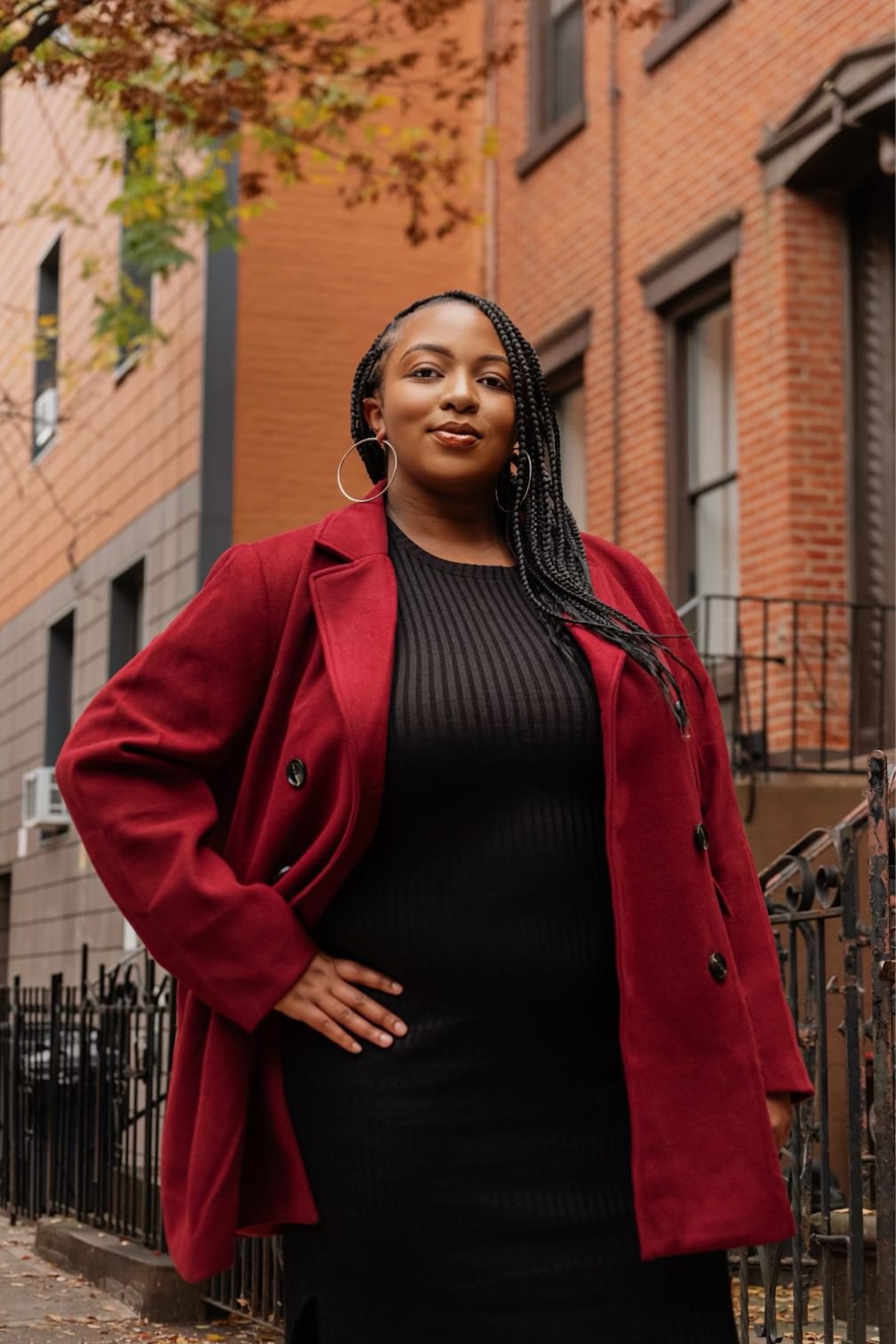
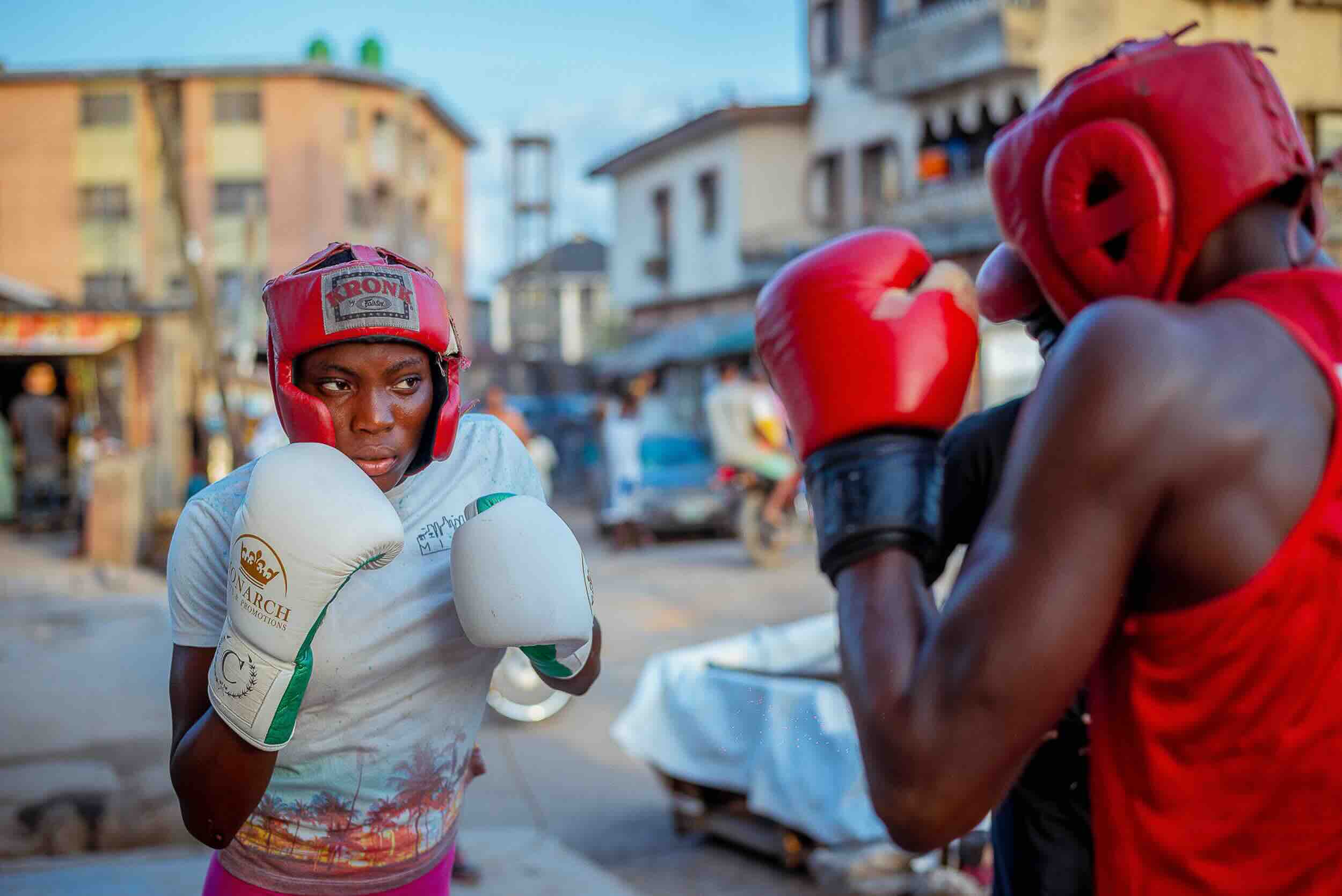
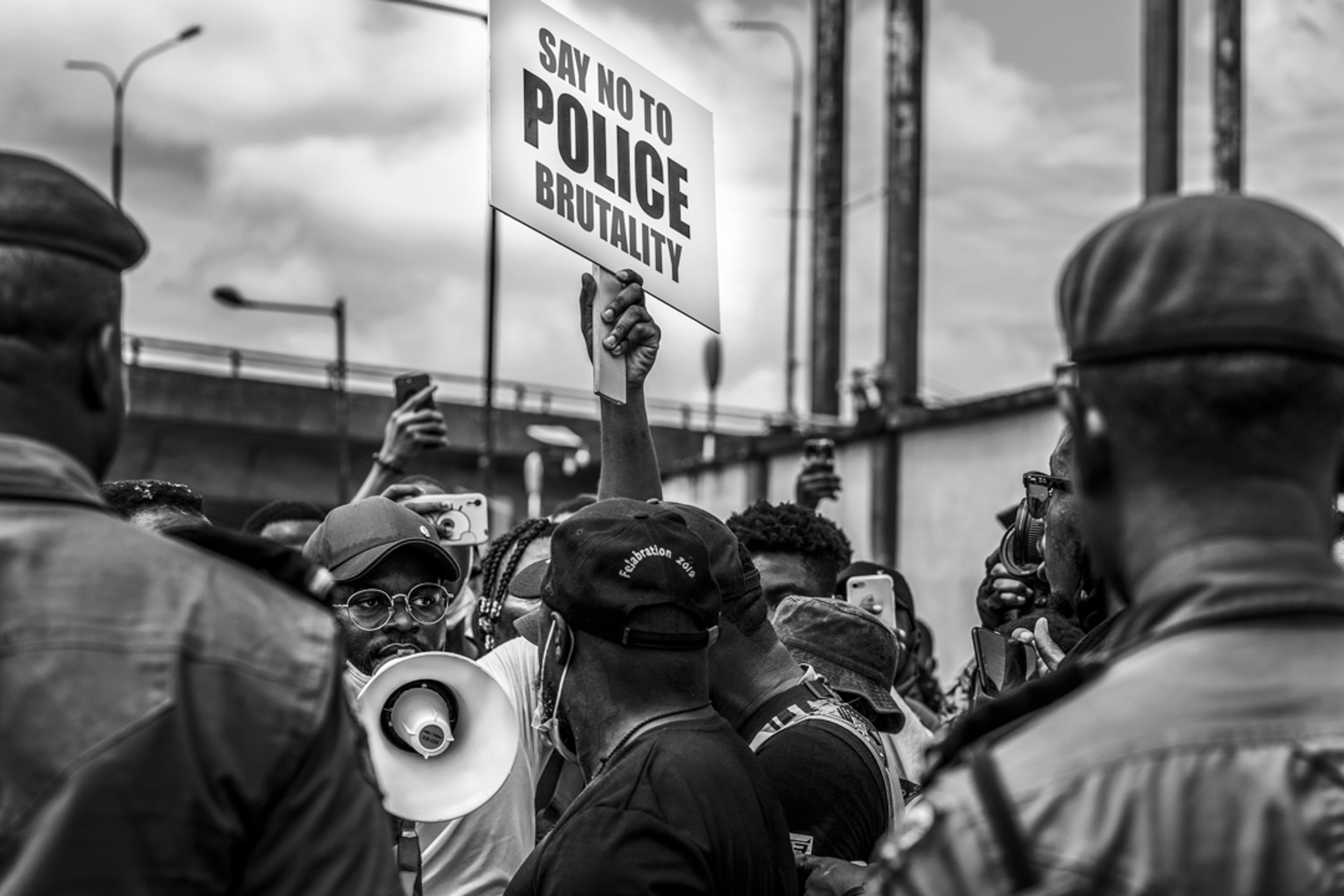
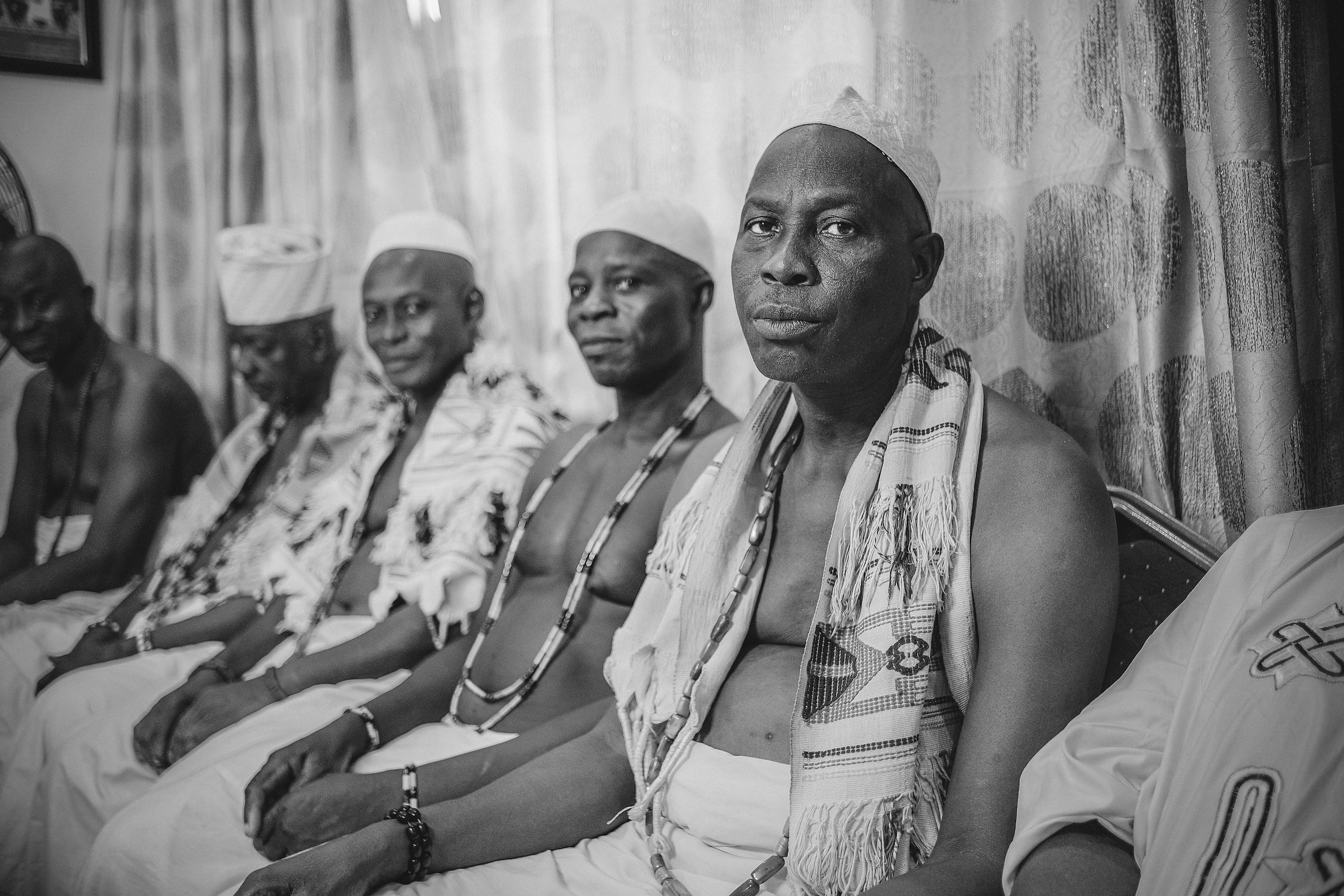
Tobi Sobowale, a British-Nigerian photographer based in London, found that joining BWP opened her eyes to the wide range of career opportunities. “Seeing people who looked like me in these roles inspired me to expand my perspective, helping me refine my focus and clarify how I wanted to evolve both my creative vision and my work,” she says. Community membership has brought many practical benefits, including Capture One sponsorship. “The software’s become an essential part of my creative process, especially in experimenting with and enhancing the use of colour in my work,” she says. “For the past three years, I’ve also had biweekly accountability sessions with Whitley Isa, a photographer from Belgium, who I met through the community. We set goals, support each other in achieving them, and reflect on our progress at the end of each year.”
Sobowale strives to redefine Black beauty in commercial and fashion spaces. “Mainstream media often limits the portrayal of Black women, but through my photography I aim to highlight their vulnerability, strength, power and youthfulness,” she explains. “One example is my series Efflorescence, which explores the softness and delicacy of Black women, symbolising the transformation from a seed to a flower in bloom. As a Black woman myself, I approach photographing other Black women with intention and care.”
Irungu has also had a busy period. Alongside running BWP, she worked at the White House for three years as the official photo editor for Vice President Kamala Harris, and as a photographer in the Biden-Harris administration. “Photographing in such a prestigious and high-profile environment has been the honour of a lifetime,” she says. “It’s been an opportunity to break barriers and be part of history, but it also comes with the weight of representation. Every time I walked through the doors of the Eisenhower Executive Office Building or the West Wing, it was a reminder of how far we’ve come. Before myself and Cameron Smith, there had only been one Black woman photographer at the White House Photo Office: Sharon Farmer [hired in the early 1990s to photograph President Bill Clinton and First Lady Hillary Clinton].”
BWP started out with a focus on photographers, but its membership has evolved, and it is now organising “two new verticals” – Black Women Videographers and Black Women Cinematographers. And Irungu has other big plans. “I’m excited about the future of Black Women Photographers and its continued growth as a global resource,” she says. “By our fifth anniversary in July, we anticipate BWP will have distributed $240,000 in grants and $80,000 in equipment. My aspiration is to reach the one million dollar mark in the near future. I’m committed to scaling our initiatives and fostering a thriving community for Black and African women creatives in every way possible.”

